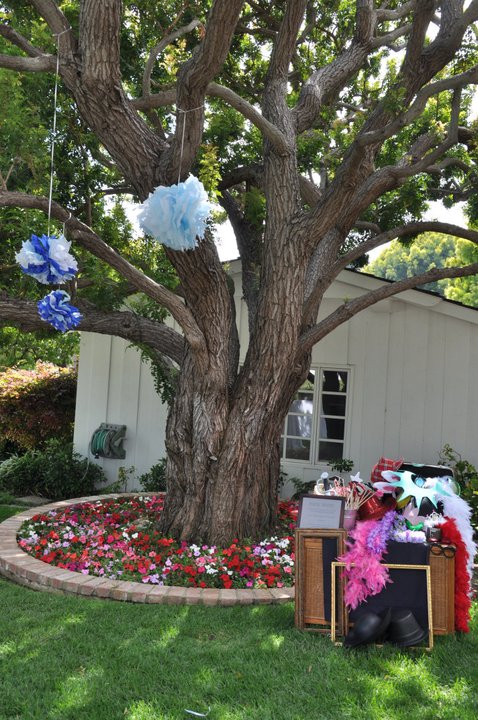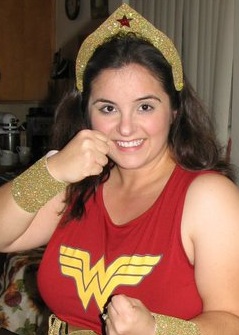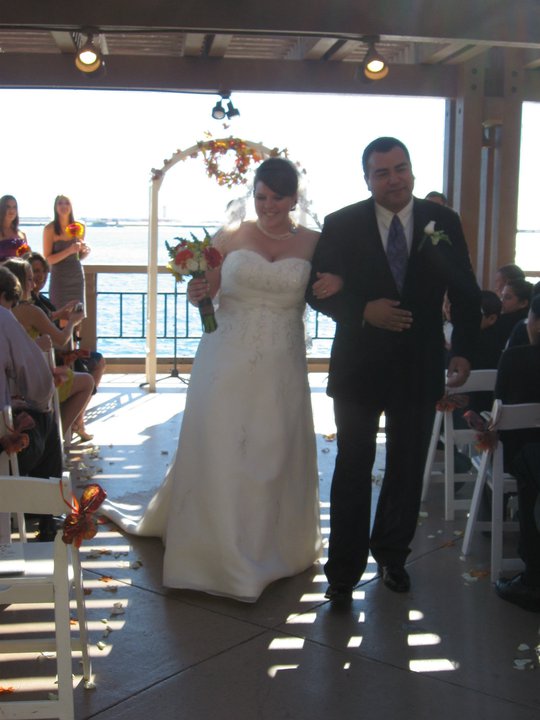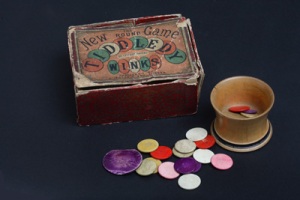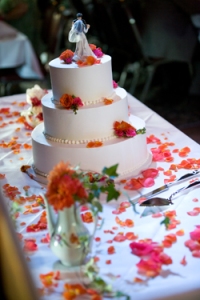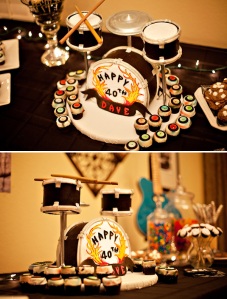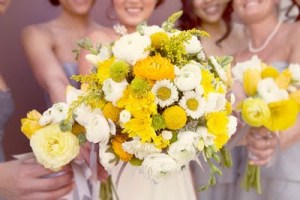The subject of tipping comes up a lot. Most of my brides ask about it: “Should I tip? How much? When?”
The answer I give them might not be the most popular one. After all, wedding professionals like extra money. I know I certainly do! But it’s the one I find to be the best:
Tips are always appreciated, never required or expected. If you feel a wedding professional went above and beyond for your wedding day, by all means give them a tip after the wedding.
Going above and beyond is in bold for a reason. It doesn’t translate into “just showed up” or “was kind of helpful.” Plenty of people do that. Service above and beyond takes dedication and care. This also means that if you feel a wedding vendor was pushy, surly, disruptively late, unpleasant, unprofessional, or just plain difficult to work with… Tipping is not necessary (and in fact I’d discourage it). I also discourage against adding tips in with your final vendor payments, because how can you know before your wedding is over whether you think they did an excellent job?
The underlying theme here, too, is that a tip is extra – and again, not expected or required. Your wedding vendors have thought long and hard about their pricing. If any of them are expecting more than they’ve charged you, they should probably re-evaluate how much they charge. When I get a tip from a couple, it’s always a genuine surprise. I always share with my assistant(s) for the day, and always am grateful for my clients’ generosity. But I never ever go into a wedding expecting a little something extra from the bride and groom just because I showed up for work.
It also might be unpopular for me to add the next part:
Sometimes the best tip is a great thank you card or an excellent review. A five-star review can generate a lot of business for an exceptional wedding vendor, and may be even more valuable down the line than a little extra money in his or her pocket.
Again, this isn’t to say that you shouldn’t tip monetarily, if you want to, especially if someone blows you away with their service, attentiveness, and final product. But sending a heartfelt thank you card (I have a few fantastic ones to share with you soon!) or even e-mail, leaving a message on a Facebook page, or writing a review on BridalInsider, WeddingWire or Yelp (or one of hundreds of other review sites on which you might be more active) can really be the tip that keeps on tipping!

